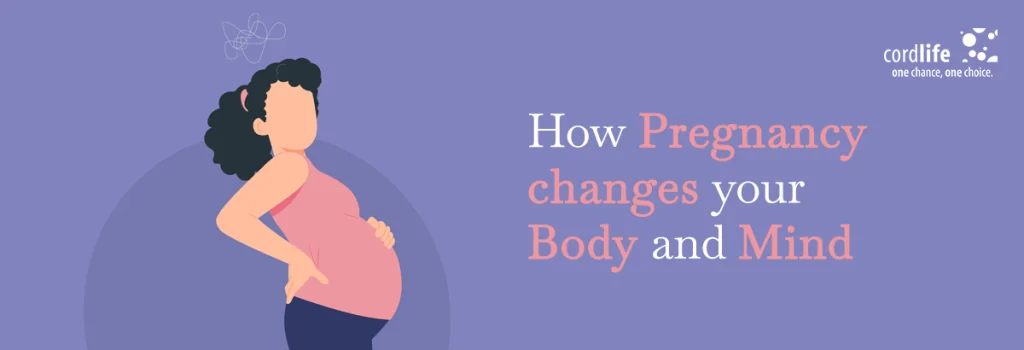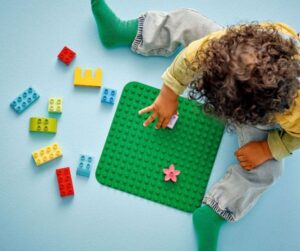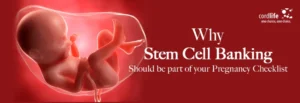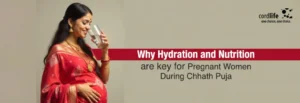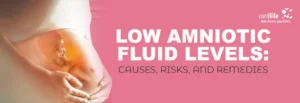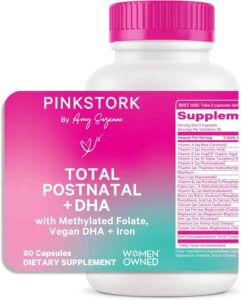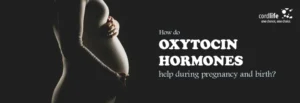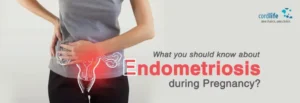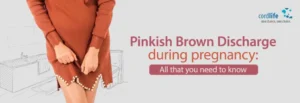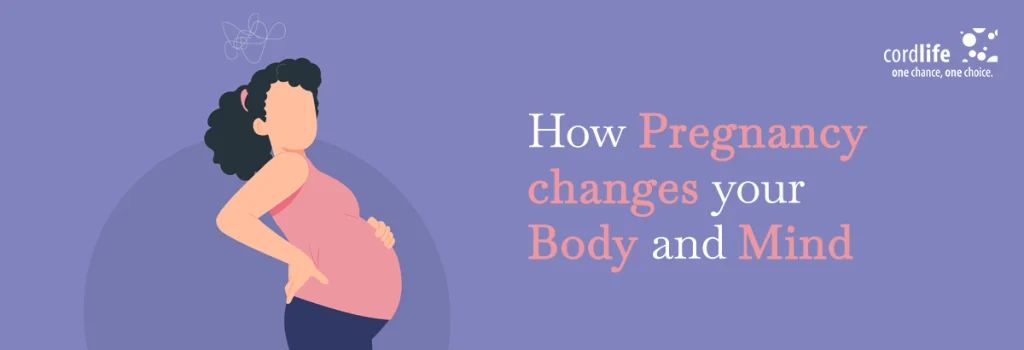
Pregnancy has been termed as one of the most influential journeys one can undergo. Pregnancy involves more than just being pregnant; it includes experiencing the significant changes that the female body undergoes throughout the pregnancy cycle and learning to adapt to these changes in mood, energy levels, and even how our brain perceives emotions. From the first few weeks to the last few days before the child is born, the body and the mind experience superb transformations in order to deliver new life.
In this guide, we are going to discuss physical changes that occur in every trimester as well as the emotional changes in pregnancy. We will also venture into the part that hormonal changes play in pregnancy and the way these change the body and psyche.
The Physical Journey: How the Body Transforms
Pregnancy is a month-to-month tale of change. The developments of each trimester are specific and unique to the foetus and, thirdly, to the visible/invisible changes in the maternal body. Let’s see how the body changes during pregnancy.
The first Trimester (weeks 1-12)
Physical changes in each trimester are prominently noticeable. The first few weeks are usually the most mysterious due to the changes that are so subtle, yet at the same time, they are so strong.
Foetal Growth
During week 5, the embryo starts developing its brain, spine and heart. At week 12, the unborn baby measures approximately 2 inches long, with fingernails, kidneys, and pancreas in place.
Maternal Changes
A large proportion of women get worn out and feel nausea and breast tenderness. Mood swings and pregnancy fatigue are common when the levels of progesterone are high. Food cravings or aversions and an increase in the need to urinate frequently may also be signs of this phase.
Physical Changes
Though still not “popping out”, the uterus is growing by leaps and bounds as it snugly and comfortably fits inside the pelvis until week 12.
This trimester is the initial adaptation of the body, which prepares the ground towards the carrying of a developing foetus.
Second Trimester (Weeks 13-27)
This stage is often referred to as the golden period due to the noticeable growth and increased comfort compared to the initial stage.
Foetal Development
The foetus is approximately 4 inches in size by week 16, and bones get strengthened, and hearing capability develops. The foetus starts moving noticeably by week 20, and its digestive system develops.
Maternal Changes
The hunger level grows, the morning sickness normally wears off, and the belly enlarges considerably. Moms-to-be may observe stretch marks, darkening of the areolas, and skin changes, such as the mask of pregnancy.
Body Transformation During Pregnancy
The uterus rises high up towards the rib cage, making the baby bump visible. Ligaments are stretched, and if so, they cause pain. Ankles and feet swell because of fluids.
This phase unveils the presence of pregnancy body transformation in the most obvious way – it becomes another day-to-day reminder of the life behind the belly.
Third Trimester (Weeks 28–40)
The third trimester of the pregnancy is very thrilling yet exhausting.
Foetal Growth
At week 36, the baby has reached an approximate weight of 6 pounds, and its brain is developing fast. The bones become harder (though the skull is still soft). The foetus measures approximately 20 inches long by the full term and is fit to leave the womb.
Foetal growth strains the bladder, lungs and stomach, leading to maternal changes. Common symptoms include shortness of breath, frequent urination and heartburn. The nipples may produce colostrum, and contractions can take place.
Fatigue and Mood Swings
Tiredness may increase as you find it harder to sleep because of discomfort and anxiety.
Emotional and Hormonal Changes
Pregnancy not only imposes physical challenges, but it also carries a significant emotional and mental burden. Let’s explore the mental impact of pregnancy.
The Effect of Hormonal Changes in Pregnancy
One of the significant bodily transformations is hormonal changes during pregnancy. The levels of oestrogen and progesterone increase immensely, assisting in keeping the lining of the uterus and maintaining blood circulation, even ensuring the breasts are ready to secrete milk. The surges may bring about nausea, fatigue or even skin changes. They are also attributed to a change in emotions, influencing pregnancy changes in a body and mood.
Pregnancy Emotional Changes
Most of the women talk of increased sensitivity and mood changes. There are days that might feel like you are a happy person, and others make it feel like it is too much to handle. Mood swings and pregnancy fatigue are usually a result of hormonal fluctuations in the body and the physical strain of developing the baby.
First Trimester
Worry about the potential miscarriage, how to live with nausea, and how to deal with physical changes may influence the mood.
Second Trimester
Relief and excitement can arise; by now, the pregnancy is becoming more noticeable, and moms-to-be can experience baby movements.
Third Trimester
Pregnancy anticipation is combined with restlessness and sleep disturbances, labour and parenthood concerns.
Effects of Pregnancy on Brain and Emotions
It’s important to note how pregnancy affects the brain and emotions. Some specific regions engaged in empathy and caregiving get activated, preparing mothers for upcoming motherhood. These alterations can take years following birth, encouraging emotional attachment between the child and the newborn.
The Psychological Effects of Pregnancy
Whereas, on the one hand, some women receive positive reinforcements, including paying more attention to the family and having creative outbursts, others can face mood disturbances. Common matters of concern include:
- Concern about the baby’s health or the upcoming labour.
- Strains of combining work, relationships and physical strains.
- Depression, which may occur during pregnancy and can never be ignored.
To deal with the psychological effects of pregnancy, support systems, prenatal care, and open dialogue with the health professionals are essential.
The Uterus: An Expanding Abode
One of the most intriguing pregnancy symptoms is the enlarging uterus. It also remains in the pelvis at week 12. At week 36, it extends below the rib cage. This enlargement not only accommodates the foetus but may also affect other organs, causing digestive problems, shortness of breath, and urgency.
Making the Journey: Body and Mind Strategies
Pregnancy and mood swings associated with pregnancy are the main reasons for the roller coaster sensation during pregnancy. However, with these tips, you can maintain your health, both physically and mentally:
- Take Rest: Take time to rest when you feel like doing so – pregnancy comes with fatigue. A short power nap and good sleep hygiene can help to conquer fatigue.
- Healthy Diet/Nutrition: A diet high in protein, calcium, iron and essential nutrients promotes health and nourishes the baby.
- Light Physical Activity: Walking, swimming, and yoga in pregnancy may also help lift the mood and lessen discomfort.
- Psychological Guidance for Mental Health: Discussion of concerns or mood changes with health professionals or other in-groups can minimise the psychological impact of pregnancy.
- Bond with Your Baby: The baby can be connected through talking, singing, or playing music to the baby to enhance the connection.
Beyond Birth: Residual Effects
The fact that pregnancy is over cannot wash away its effects. These may include stretch marks on the body or altered body shape, or hormonal changes that can last months to control. Some women experience feelings of empowerment mentally, whereas other women become depressed or anxious after childbirth.
Pregnancy has a lasting scar – physically and emotionally. It reconstructs identity, interests and how the mind thinks about love, care, and strength.
Conclusion
Pregnancy is a physiological and mental transition, not just nine months of waiting. The expectant mother’s body experiences changes as the cells divide rapidly from the first few weeks to the last trimester, when the fetus prepares for life outside the womb. These changes, together with emotional and mental repercussions, make pregnancy an indescribable journey with both challenges and rewards.
Due to hormonal changes, psychological repercussions occur. Additionally, physical changes become noticeable, requiring resilience and adaptation. Acquiring knowledge of these changes can be helpful for moms-to-be in navigating the experience with confidence, self-love, and support.
The post How Pregnancy Changes Your Body and Mind appeared first on Stem Cell Banking Guide and Pregnancy Tips For New Parents.

